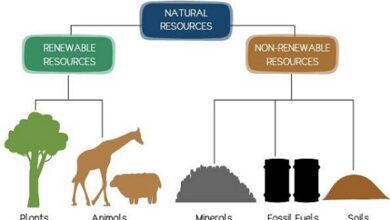Difference between authority and power/examples
Both are concepts that are often used similarly in everyday speech but actually differ from each other. To know the difference between authority and power, it is important to first know what each of these concepts refers to.
When speaking of power, it refers to the ability of 1 person or a group of people to influence third parties, whether in decision-making, issuing opinions or leading others to perform certain actions .
For its part, authority is nothing more than the right available to a person or a group of people who occupy a certain job position to achieve better compliance with regulations, leading to the protection of people against decisions or actions.
There are various types of powers and authorities, which can be classified as:
Power |
Coercive power:
|
Reward Power:
|
Power of legitimacy:
|
Expert Power:
|
Referrer power:
|
Informational power:
|
Authority: |
Formal authority:
|
Operational authority:
|
Authority by acceptance:
|
As can be deduced from the previous definitions, the main difference lies in the fact that power consists of a capacity, while authority is a skill, that is, power can be acquired while authority must be developed.
Examples of the difference between authority and power.
- In the administrative sphere, regardless of the difference, both concepts are considered important elements that play a central role in maintaining order and fulfilling social and business responsibilities .
- The main difference is that power refers to a capacity, whereas authority refers to a skill.
- There are various classifications with which to easily identify the difference between authority and power.



